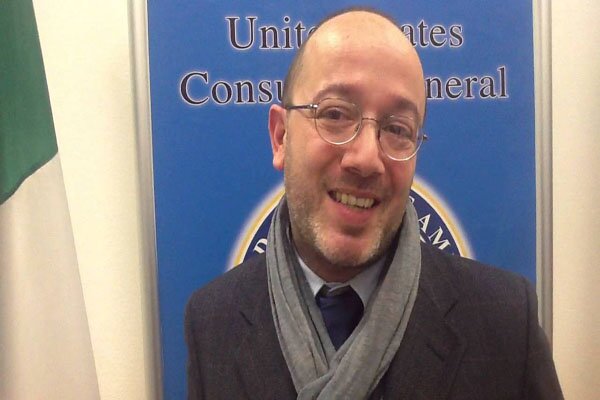
Iran and the United States concluded a second round of negotiations on Saturday over Tehran's nuclear programme, US and Iranian officials said. There is no immediate readout on how the talks went at the Omani Embassy in Rome's Camilluccia neighbourhood, but the two nations agreed to hold another round of talks next week.
After the talks, Iranian Foreign Ministry spokesman Esmail Baghaei told that Iran "will continue the path of the talks with seriousness” to see crippling economic sanctions on his country lifted.“Iran will continue as far as talks go on in a constructive and purposeful way," he added.
TANBAK reached out to the political science associate professor of Milan Catholic University of the Sacred Heart, Dr. Pastori Gianluca to shed more light on the issue.
Here is the full text of the interview:
How do you assess the second round of Iran-US talks in Rome?
The new round of nuclear talks is good news, not only for their possible impact on proliferation. Iran-US dialogue is positive due to the two countries’ record of complex relationships. Even if the parties expressed optimism following the talks, it is hard to guess the process’s outcome or a possible timeframe. Agreement is still “on principle”, and details seem not to have been discussed yet. President Trump said he is in no hurry to strike the deal. However, what matters now is that the dialogue is still alive, and the two countries remain committed to further negotiations.
Why did Trump choose Italy for talks?
I think the parties agreed on Rome as their meeting place due to the good relations Italy has always had with both the US and Iran. The Italian President of the Council of Ministers, Ms Giorgia Meloni, is trying to present Italy as Donald Trump’s best European ally, but I don’t think this is why Rome has been chosen. The Omani government is still massively engaged in the process. Omani mediators attended the Rome meeting, and the coming rounds of negotiations will take place in Oman. So, I don’t think there is any special message in the decision to meet in Italy last Saturday.
The UK, France, and Germany are not given any role in possible agreement between Iran and the US? Can this cause them to activate a snapback mechanism?
I think Donald Trump’s main ambition is dumping the JCPOA experience, in which the European countries played a key role. Moreover, when Trump withdrew the US from the agreement in 2018, the European countries remained engaged. For this reason, the UK, France and Germany (but I also put Italy in the group) are not given any role. In Trump’s vision, a US-Iran agreement must be purely US-Iranian. It is also a way to reaffirm what he considers Europe’s marginal role. According to Trump, international politics is a great powers’ business, while European countries are only second-rank players.